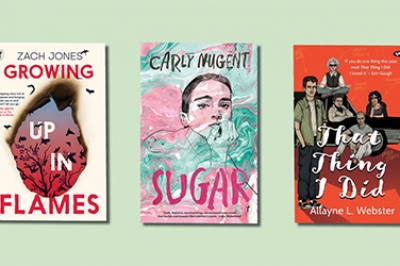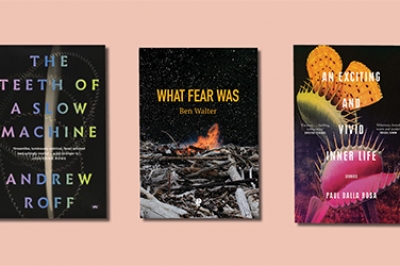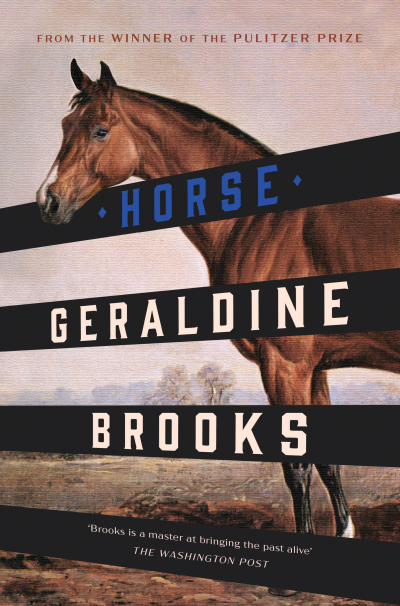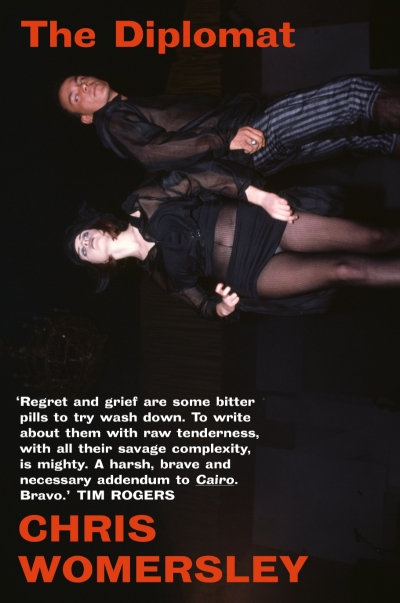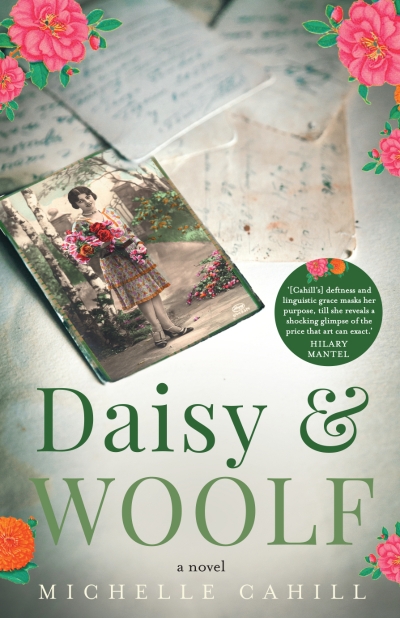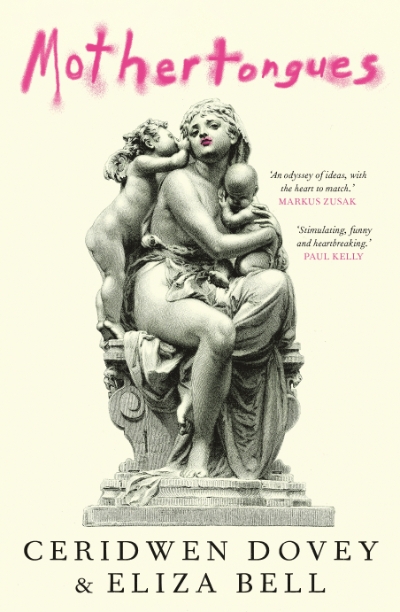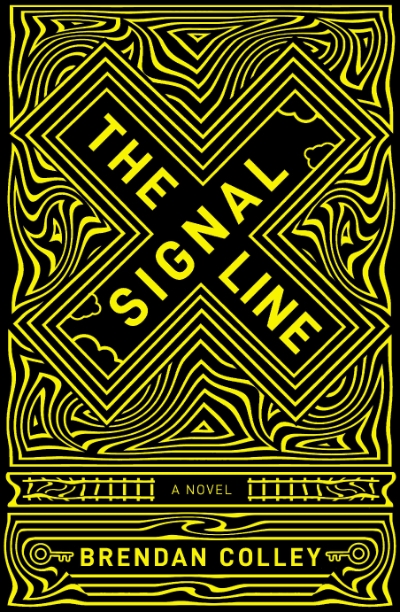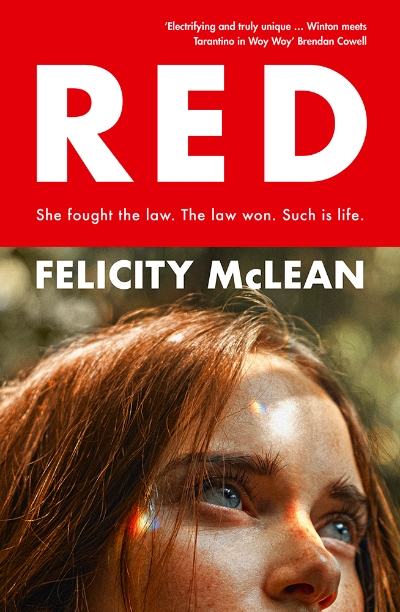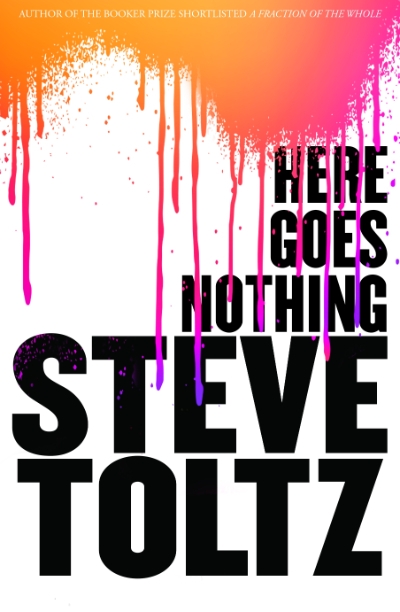Fiction
Zach Jones’s début novel, Growing Up in Flames (Text Publishing, $19.99 pb, 288 pp), unfolds after a tragic bushfire, while an approaching bushfire stalks Carly Nugent’s protagonist Persephone in Sugar (Text Publishing, $19.99 pb, 368 pp). The only noticeable flames in Allayne Webster’s That Thing I Did (Wakefield Press, $24.95 pb, 336 pp) belong to a foul-mouthed granny named Daisy, who uses them to light her cigarettes, but Webster’s novel about an unlikely group of strangers on a madcap South Australian road trip is as poignant as it is funny.
... (read more)
In the wake of other recent compelling débuts – Paige Clark’s meticulously crafted and imagined She is Haunted being a standout – three new short story collections, varying markedly in tone, style, and setting, offer bold and unsettling visions of twenty-first-century life.
... (read more)The Burnished Sun (UQP, $29.99 pb, 288 pp) by Mirandi Riwoe, Danged Black Thing (Transit Lounge, $29.99 pb, 240 pp) by Eugen Bacon, and Sadvertising (Vintage, $32.99 pb, 298 pp) by Ennis Ćehić are powerful, inventive, and self-assured short story collections that traverse fractured and contested ground through their often displaced and alienated narrators.
... (read more)
